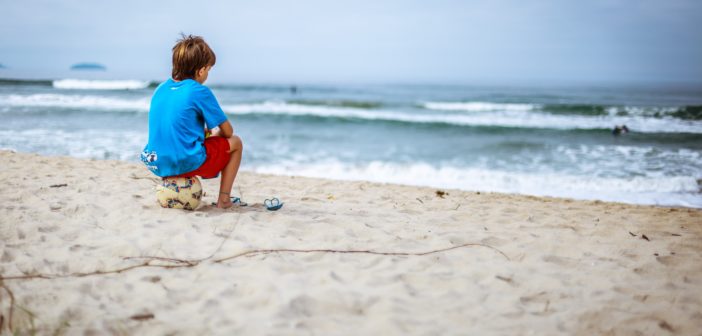We’ve all felt like we are on the outer and some point in our lives and the schoolyard is a notorious minefield when it comes to feeling social acceptance.
Whether it be due to bullying or simply not having a group of friends that make them feel accepted, it can be so hard to see your child struggle to fit in.
My 11 year old currently feels out of place amongst his peers. He generally gets along with everyone but confesses he doesn’t feel like he belongs in any particular friendship group. I’ve recently learnt that he spends most recess times alone. This discovery broke my heart, especially since I know he is usually a very social person.
Social connections are such an important aspect of our lives and when we don’t feel like we fit in, the flow on effect can be devastating.
Feeling like a social outcast can lead to low-self esteem, depression and anxiety. It can also impact our ability to achieve our goals and realise our full potential.
These are outcomes no parent wants for their child so here are some strategies to try when your child doesn’t fit in:
1. Let them know how loved and accepted they are at home. This will help build their confidence and reassure them that they will always have a place in the world.
2. Help them connect to others through shared interests. This might be joining a club, sporting group or volunteer program. Looking at their interests and strengths is a great starting point. Common ground is a great icebreaker and an excellent path to new friendships. Having friends outside of school is also a proven protective factor for dealing with difficulties in the schoolyard.

3. Make them realise they are not alone. Let your child know there are plenty of other kids who feel exactly the same way, and adults too for that matter.
4. Help build social skills if necessary. There are plenty of resources online to help with this.
5. Explain what genuine friendships are all about. Kids who desire to be accepted may fall in with peers who don’t treat them well. Programs such as URSTRONG can teach kids about establishing quality friendships.
6. Let them talk about their feelings. Be there to listen and empathise with their struggles. Teach them to problem-solve so they are better equipped to navigate the tricky landscape of schoolyard friendships.
At the end of the day you can’t make other people be friends with your child, but you can help develop your child’s capacity for dealing with the challenges social relationships can bring.
Rest assured, one day they will find their tribe and then there will be no stopping them.

